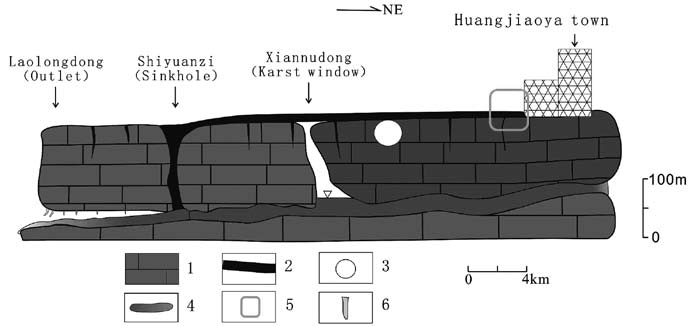Groundwater Contamination in Karst Areas of Southwestern China and Recommended Countermeasures
DOI:
https://doi.org/10.3986/ac.v39i2.107Abstract
Approximately 33% of China is karstic. The most extensive karst areas are in southwestern China and cover approximately 540,000 km2. Southwestern China hosts some of the most typical karst landforms in the world and has important high-quality karst water resources. Due to the rapid development of China, karst waters are threatened by various types of contamination. Detail field and laboratory investigations in five provinces including several cities in southwestern China were conducted in 2008 and 2009. Eighty-three springs and underground rivers were surveyed and water samples collected from eachfor laboratory analyses for major ions. Four main types of karst aquifer contamination were identified based on contaminant sources: rural and agricultural pollution, pollution from urban development and industry, pollution from mining, and accidental groundwater pollution. Several representative instances for eachtype of contamination and their impacts on the environment are discussed in more detail. Contamination countermeasures of karst waters and a framework for overall management of karst water resources in southwestern China are provided.
Downloads

Downloads
Published
How to Cite
Issue
Section
License
Authors guarantee that the work is their own original creation and does not infringe any statutory or common-law copyright or any proprietary right of any third party. In case of claims by third parties, authors commit their self to defend the interests of the publisher, and shall cover any potential costs.
More in: Submission chapter




